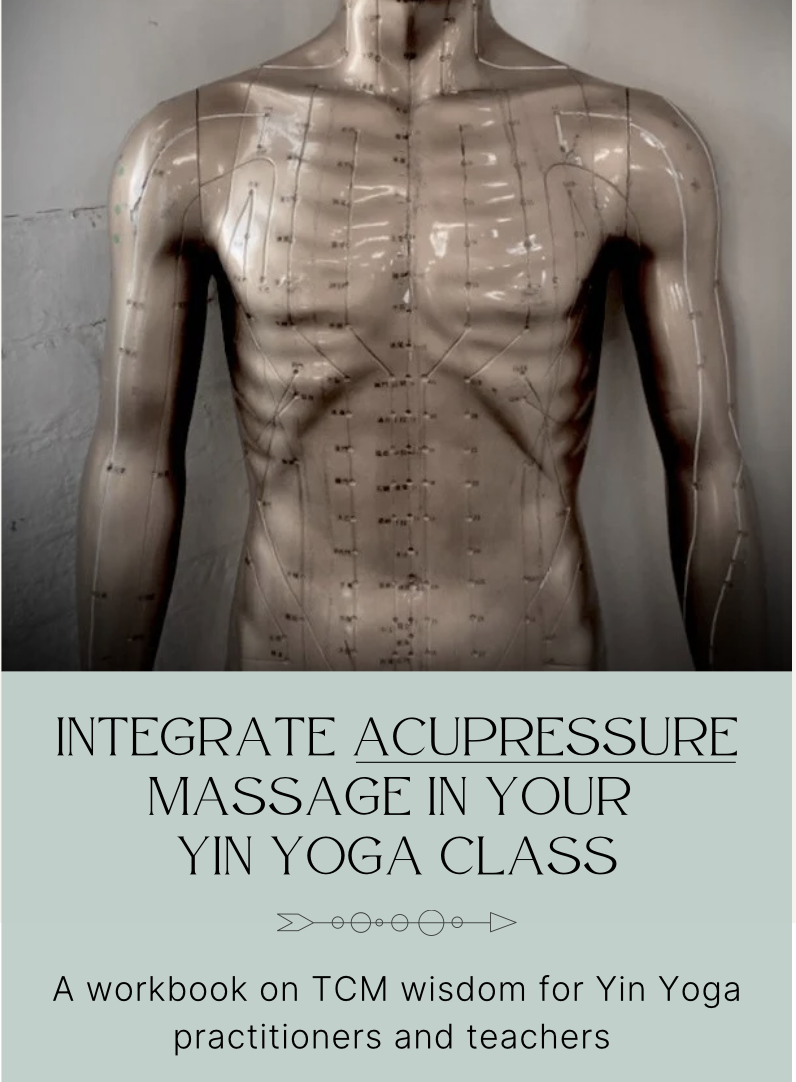Wisdom of the Five Spirits of TCM - Qigong series
Oriental medicine has taught me a lot of interesting concepts and led me to understand the world and myself from a different perspective. Traditional Chinese medicine with its 5 element system is describing the world (macrocosmos) and our existence (microcosmos) in a cyclical pattern, one phase becoming the next. These elements can feed each other but also control one another. We find these elements within us too - if you are interested to read about what your predominant element might be, read this article.
According to TCM, the Yin organs (Heart, Lungs, Liver, Spleen and Kidneys) and their Yang partners (Small Intestine, Large Intestine, Gallbladder, Stomach and Bladder) form pairs. While the Fire element actually has additional organ pairs, we'll focus on the primary relationships for clarity.
The organ systems described in TCM comprise more than their physical functions, they are seen as systems within the whole interacting with other organs on a physical, energetic/emotional and psychological level too. For someone trained and educated in Western medicine this might be challenging to understand at first, but the beauty here lies in the interconnectedness, the holistic view on it all.
Each of the five main Yin organs of TCM houses a spirit. The five spirits are the ‘archetypes of our psyche’, allowing you to reflect on a psychological/ emotional level rather than solely on the physical level. They can be seen as a mirror to reflect and understand how you perceive the world.
A great book for anyone who wishes to dive deeper into the 5 spirits and weave this into self-reflection practice or offer this in their Yin Yoga classes: The Five Sprits by Lorie E Dechar
A short overview of the 5 spirits:
The Shen - Fire element
The Shen resides in the heart and can be seen through the light shining from someones eyes. The Shen is holding your inner truth, it builds your sense of self and there is a connection to the spiritual realm. Having enough space is essential for the Shen to peacefully reside in the Heart. When this spirit is disturbed or not in harmony, you might not be able to clearly see or express your truth.
How are you setting your boundaries? How can you express your own truth?
The Hun - Wood element
The Hun resides in the liver. This spirit loves to dream, plan and imagine what is possible. It opens you up for new possibilities and makes you courageous. When the Hun is unbalanced, it affects our ability to plan or foresee- we might become hopeless and depressed.
The Chinese character of Hun suggests the idea that the Hun leaves the body during sleep to connect to the realm of your dreams.
The Yi - Earth element
The Yi resides in the spleen. The Yi has the mind’s thoughts, opinions, ideas and intentions. It is where our ideas and visions from the Shen and the Hun start to manifest. It represents our capacity for focused thinking and being intentional.
Are your words and actions supporting your plan? Are you stepping into the direction you want to go?
When the Yi is disturbed, self-doubt kicks in, we become immobile and do not follow through on our plans. You might get stuck on worrying, overthinking, not moving forward.
The Po - Metal element
The Po lives in the lungs. It represents our body's unconscious survival drive but also reminds us of our mortality. The Po is the spirit that stores our body's memories, makes us feel worthy and appreciate what we have (our gems).
When out of balance, the Po expresses as the inability to let go of whatever happened in the past and becomes controlling. It can also show up physically as chronic pain or numbness.
The Zhi - Water element
The Zhi resides in the kidneys. The Zhi allows you to be authentically you, to bring forward your gifts so you are aligned and in flow with life and who you are. The Zhi is also translated as ‘Will’/’Willpower’, it can represent determination and drive.
When the Zhi is out of balance, a loss of faith and fear of the unknown might occur.
FREE Workbook:
Inspire your Yin Yoga class with TCM wisdom and Acupressure
Stimulate your body’s natural self healing capacity by integrating acupressure massage in a Yin Yoga setting.
These spirits and their meaning are also tied to their Chinese characters, which I haven’t depicted here. Your understanding of the five spirits can be incorporated into your Qigong or Yin Yoga practice through guided reflections or visualisations.
If you choose to dive in deeper into the wisdom of the Five Spirits, you might discover profound insights into your own nature —opening doorway to self-understanding.
Simone x


